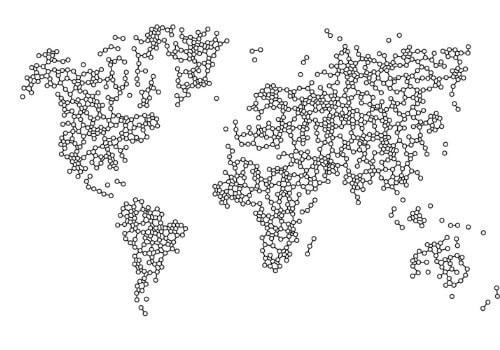This latest NCHS paper “Data Sharing Between Humanitarian Organisations and Donors: Toward Understanding and Articulating Responsible Practice” by, Larissa Fast (Executive Director Humanitarian Conflict Response Institute, University of Manchester) investigates issues related to data sharing between humanitarian actors and donors. The paper focuses on two key questions:
“Drawing on interviews with donors and humanitarians about data sharing practices and examination of formal documents, the research finds that, overall and perhaps most importantly, references to ‘data’ in the context of humanitarian operations are usually generic and lack a consistent definition or even a shared terminology. Complex regulatory frameworks, variability among donor expectations, both among and within donor governments (e.g., at the country or field/headquarters levels), and among humanitarian experiences of data sharing all complicate the nature and handling of data sharing requests. Both the lack of data literacy and the differing perceptions of operational data management risks exacerbate many issues related to data sharing and create inconsistent practice.”
For more findings and to download a copy of the paper visit our resource hub here. Fast has also written a blog based on this research, which you can read here.
Larissa Fast is Professor of Humanitarian and Conflict Studies and Executive Director of the Humanitarian Conflict Response Institute at the University of Manchester. She is also a Global Fellow at the Peace Research Institute Oslo. She has published dozens of policy reports and articles, and the book Aid in Danger: The Perils and Promise of Humanitarianism (University of Pennsylvania Press, 2014).
This paper was prepared in collaboration with the Data Responsibility Team (Stuart Campo and Fanny Weicherding) at the UN OCHA Centre for Humanitarian Data. The research was commissioned under the auspices of the Humanitarian Data and Trust Initiative (HDTI). The author’s involvement was funded by the Research Council of Norway (Grant project ‘Do No Harm: Ethical Humanitarian Innovation and Digital Bodies’).
